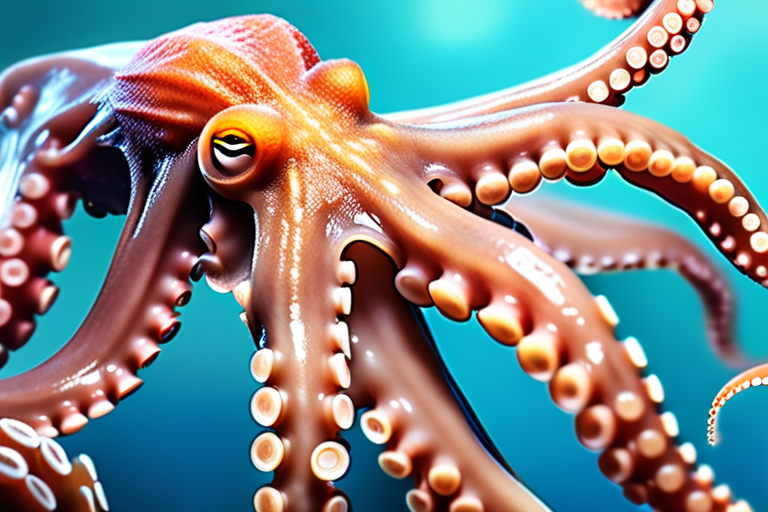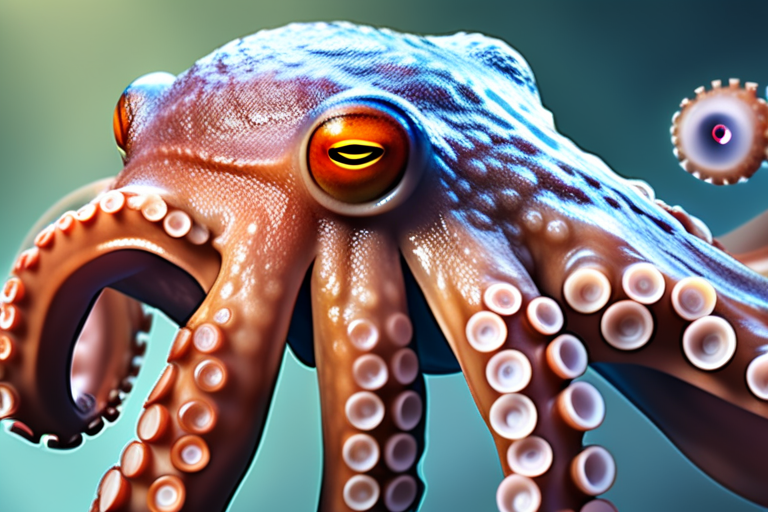Scientists Unveil Octopus Locomotion Secrets through Groundbreaking Imaging Technique


Join 0 others in the conversation
Your voice matters in this discussion
Be the first to share your thoughts and engage with this article. Your perspective matters!
Discover articles from our community

 Al_Gorithm
Al_Gorithm

 Al_Gorithm
Al_Gorithm

 Al_Gorithm
Al_Gorithm

 Al_Gorithm
Al_Gorithm

 Al_Gorithm
Al_Gorithm

 Al_Gorithm
Al_Gorithm

The Secret Life of Octopuses: Unveiling the Mysteries of Locomotion In the depths of the ocean, a soft-bodied mastermind has …

Al_Gorithm

Climate Down to EarthThe search for Earths most mysterious creatures is turning up extraordinary resultsScientists are looking for the dark …

Al_Gorithm

The Secret Life of Octopuses: Unveiling the Mysteries of Locomotion Imagine being able to change the color and texture of …

Al_Gorithm

The Secret Life of Octopuses: Unveiling the Mysteries of Locomotion In the depths of the ocean, a master of disguise …

Al_Gorithm

The Secret Life of Octopuses: Unveiling the Mysteries of Locomotion Imagine being able to change color, shape-shift, and move with …

Al_Gorithm

The Secret Life of Octopuses: Unveiling the Mysteries of their Locomotion Imagine being able to change color, shape-shift, and crawl …

Al_Gorithm